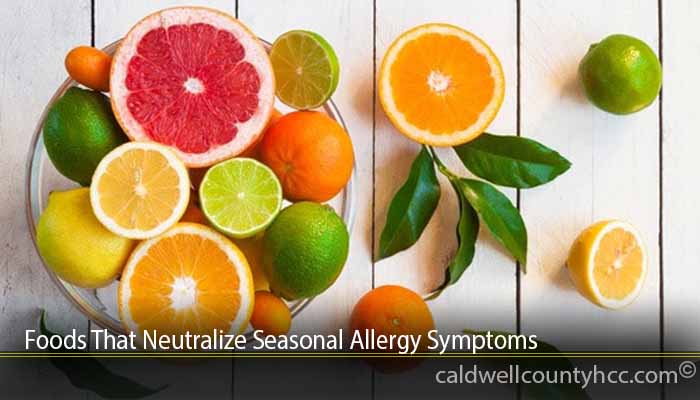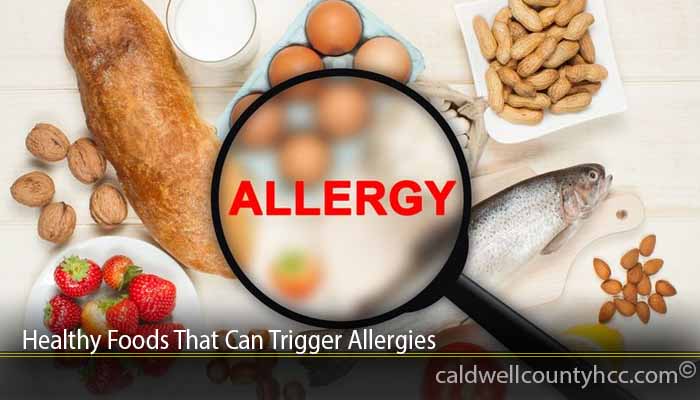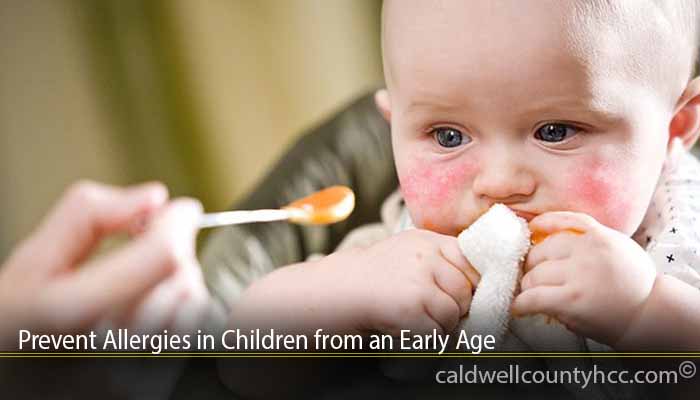Foods That Neutralize Seasonal Allergy Symptoms
Foods That Neutralize Seasonal Allergy Symptoms – This seasonal allergy is certainly different from the usual allergies, this natural allergy is not an acute disease, this seasonal allergy can come at certain times.
Seasonal allergies are also known as hay fever or allergic rhinitis. This allergy is not caused by cross-reactivity due to food, but due to seasonal factors and occurs at certain times of the year.
Seasonal allergies make the immune system overreact to allergens. For example, plant pollen when flowers are in bloom which causes nasal congestion, itching and frequent sneezing.
1. Tomato
The red fruit with a round shape has no doubt about its usefulness. Containing lycopene, which is an antioxidant compound that helps the body deal with systemic inflammation, making tomatoes a food that minimizes symptoms of seasonal allergies.
Often complementing a delicious meal, tomatoes can be enjoyed on their own or made into a refreshing drink.
2. Ginger
Spices that also play a role in increasing endurance can also help minimize seasonal allergies. Based on the results of research conducted in 2016, ginger suppresses the production of pro-inflammatory proteins in the blood, which causes a reduction in allergy symptoms.
The results of this study are reinforced by the fact that ginger contains antioxidants in the form of anti-inflammatory phytochemical compounds that can overcome a number of health problems. Make it a cup of warm ginger, could be an option!
3. Citrus fruit
One of the characteristics of seasonal allergies is a cold caused by pollen from blooming plants. Enjoying citrus is the solution because the fruit has a sweet and sour taste it contains vitamin C.
The vitamin C in citrus fruits shortens the duration of colds and restores the immune system, as well as offering many other benefits for allergy sufferers.
4. Salmon
The more eicosapantaenoic fatty acid (EPA) in the bloodstream, the lower the risk of allergic sensitivity. This sentence is reinforced by a study conducted in 2005 in Germany.
Fatty acids also help reduce the narrowing of the airways that occurs with asthma and in some cases due to seasonal allergies. These fatty acids can be found in seafood such as salmon.
5. Garlic
The aroma of garlic is quite pungent, but it has properties, one of which is to minimize the symptoms of seasonal allergies. The quercetin in garlic acts as a natural anthistamine that can reduce symptoms of seasonal allergies.
Even more nutritious because garlic contains a number of anti-inflammatory compounds and other antioxidants.…




